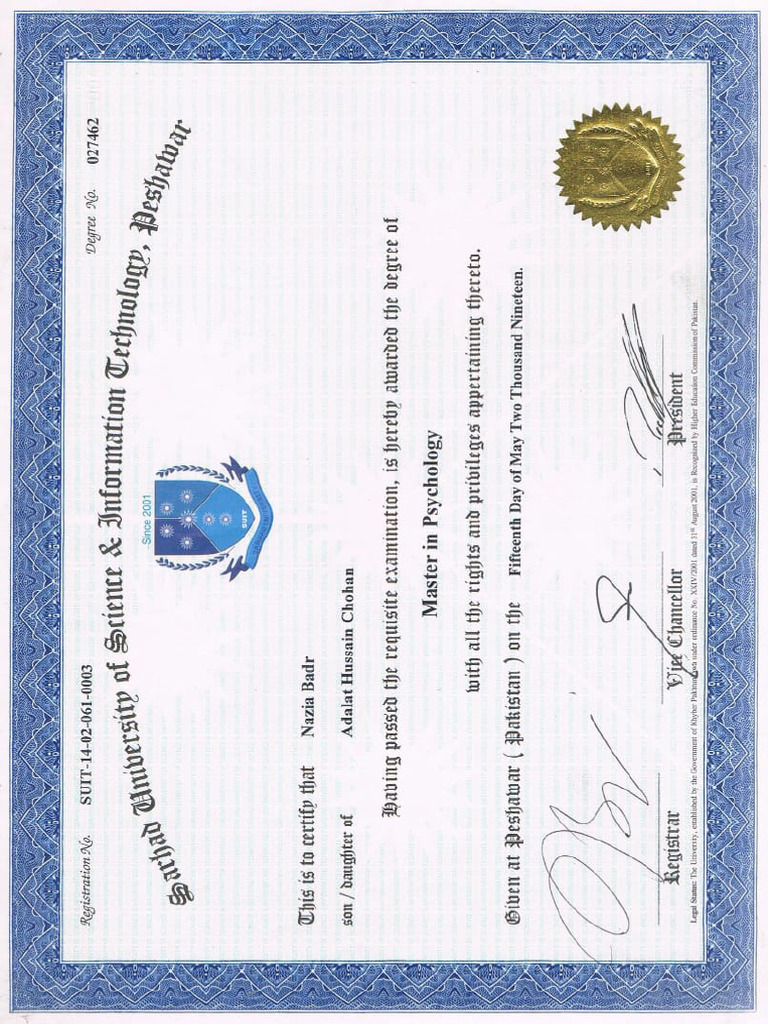Spiritual Psychology Certificate Program

Embarking on a journey to understand the intricate dance between the human psyche and spirituality can be a profoundly transformative experience. The Spiritual Psychology Certificate Program is designed for individuals seeking to delve into the depths of human consciousness, exploring the realms where psychology and spirituality converge. This comprehensive program aims to equip participants with a deep understanding of the spiritual dimensions of human experience, fostering personal growth, and enhancing their ability to support others in their spiritual journeys.
Introduction to Spiritual Psychology
Spiritual psychology is an interdisciplinary field that weaves together insights from psychology, philosophy, and spirituality to comprehend the full spectrum of human consciousness. It acknowledges the complexity of human nature, recognizing that individuals are not just physical beings but also spiritual entities with a deep longing for meaning, connection, and transcendence. This field of study encourages a holistic approach to understanding human behavior, emphasizing the interplay between the mind, body, and spirit.
Core Principles of the Program
Holistic Understanding: The program is grounded in the belief that individuals must be understood in their entirety, considering their physical, emotional, mental, and spiritual dimensions. This holistic perspective allows for a more nuanced and compassionate approach to personal growth and healing.
Spiritual Growth and Development: By exploring various spiritual practices and philosophies, participants learn how to nurture their own spiritual growth and support that of others. This includes developing a personal spiritual practice, understanding the role of mindfulness and meditation, and exploring the concept of spiritual awakening.
Psychological Insights: The program delves into psychological theories and practices that are relevant to spiritual growth, such as understanding the subconscious mind, the process of individuation, and the role of shadow work in personal integration.
Empathy and Compassion: A key component of the program is cultivating empathy and compassion, both towards oneself and others. Participants learn how to create safe and supportive environments where individuals can explore their spiritual journeys without fear of judgment.
Practical Applications: Theoretical knowledge is complemented by practical skills and tools that participants can apply in their personal and professional lives. This includes learning how to conduct spiritual assessments, develop spiritual growth plans, and facilitate group workshops and individual coaching sessions focused on spiritual psychology.
Curriculum Overview
The Spiritual Psychology Certificate Program is typically structured over several months, combining online learning modules with in-person retreats and workshops. The curriculum is divided into key areas of study:
- Foundations of Spiritual Psychology: Introduction to the field, including its history, core principles, and key figures.
- Spiritual Practices and Traditions: Exploration of various spiritual practices from around the world, including meditation, prayer, and mindfulness.
- Psychological Foundations: Study of psychological theories relevant to spiritual growth, such as the work of Carl Jung, Depth Psychology, and Transpersonal Psychology.
- Personal Growth and Transformation: Focus on personal development, including shadow work, dreams analysis, and developing a personal spiritual practice.
- Supporting Others in Their Spiritual Journey: Training in coaching, counseling, and group facilitation techniques tailored to spiritual psychology.
- Research and Integration: Participants engage in research projects and integrative practices that combine their learning into a cohesive understanding of spiritual psychology.
Career Opportunities
Graduates of the Spiritual Psychology Certificate Program can pursue a variety of career paths, including but not limited to:
- Spiritual Coach or Counselor: Supporting individuals in exploring and deepening their spiritual practice.
- Facilitator of Spiritual Workshops and Retreats: Creating and leading group experiences focused on spiritual growth and development.
- Writer or Researcher in Spiritual Psychology: Contributing to the field through publications, research, and academic work.
- Integrator of Spiritual Principles in Healthcare and Education: Applying spiritual psychology principles in traditional healthcare settings, educational institutions, and community programs.
Conclusion
The Spiritual Psychology Certificate Program offers a profound and transformative learning experience, equipping participants with the knowledge, skills, and personal insights necessary to navigate the complex and beautiful landscape of human spirituality. As the world continues to evolve and seek deeper meaning and connection, the demand for professionals trained in spiritual psychology will only continue to grow, making this program a valuable investment for those passionate about the intersection of psychology and spirituality.
What is the primary focus of the Spiritual Psychology Certificate Program?
+The primary focus of the Spiritual Psychology Certificate Program is to provide a comprehensive understanding of the spiritual dimensions of human experience, combining insights from psychology, philosophy, and spirituality to foster personal growth and enhance the ability to support others in their spiritual journeys.
What career paths are available to graduates of the program?
+Graduates can pursue careers such as spiritual coaches, facilitators of spiritual workshops and retreats, writers or researchers in spiritual psychology, and integrators of spiritual principles in healthcare and education.
How long does the Spiritual Psychology Certificate Program typically last?
+The program is usually structured over several months, combining online learning with in-person retreats and workshops.

